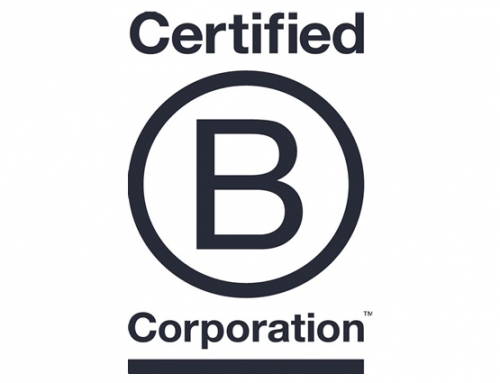I’ve been talking a lot over the past year about the rise in conscious consumerism and how this is prompting growing debate in the boardroom.
But the truth is that levels of subsequent action vary enormously. There are still many who theoretically understand the gravity of this shifting market dynamic, but the sales figures aren’t necessarily backing it up. At least, not yet anyway. On paper, and on the P&L, everything’s still looking pretty healthy.
Without the personal drive of an enlightened CEO or a collective board decision to change things because it’s ‘the right thing to do’, ethical and sustainable initiatives (that would speak volumes to the more conscious consumer) can easily slip down the business agenda or get drowned out by other ‘short-term’ issues.
In these cases, companies may well be underestimating how many of their customers are starting to feel deeply ‘compromised’ by their current purchasing behaviour.
The concept of a compromised, or conflicted consumer (as mentioned in the book The Sustainable MBA), is something I touched on recently in discussion with The Chartered Institute of Marketing for their No Buy Year spells trouble for marketers Exchange February blog post.
This highlights a growing customer type that appears to be extremely loyal – regularly purchasing products without, it would seem, any complaint. They like the quality, familiarity, price and convenience of a product, but are starting to question other more ethically dubious elements of the brand – anything from single-use plastic packaging to tax avoidance. But the lack of a better alternative keeps them coming back.
The question is, for how long?
As these customers’ environmental and societal awareness increases, so will their resentment at feeling that they have no option other than to buy an ethically questionable product or service.
The very moment a competitor brand that matches the quality, price and convenience factors (but also shows commitment to better, more sustainable business practices) comes into the market, you can bet your boots they will be switching without a second thought.
And even without an easy alternative, the longer the resentment builds, the more likely they will be to change their purchasing behaviour anyway – not able to assuage their growing social conscience.
So, in essence, compromised consumers could represent the metaphorical ‘plastic straw that broke the unethical camel’s back’.






